When you or a loved one falls ill or sustains an injury, deciding where to seek medical care can sometimes feel overwhelming. Knowing when to visit urgent care versus your family doctor is essential for ensuring you get the right care at the right time.
Here’s a helpful guide to determine which option best suits your situation while also maintaining your overall health with good lifestyle habits.
When to Visit Your Family Doctor
Your family doctor is your go-to for non-emergency health concerns, chronic condition management, and preventative care. They know your medical history and can provide personalized, ongoing care.
Common Reasons to See Your Family Doctor:
Routine Checkups and Screenings: Regular visits help prevent and detect potential health issues early.
Chronic Condition Management: Conditions like diabetes, hypertension, and asthma are best managed by your family doctor.
Mild Illnesses: For colds, mild fevers, or allergies, your family doctor can provide the necessary care and advice.
Mental Health Concerns: Anxiety, depression, or stress-related issues can be addressed in a familiar and supportive environment.
Preventative Care: Vaccinations, health counseling, and dietary advice are available during regular appointments.
Benefits of Visiting Your Family Doctor:
They provide continuity of care.
They offer tailored advice on diet, exercise, sleep, and stress management.
They coordinate with specialists if further care is needed.
When to Visit Urgent Care
Urgent care clinics are designed to address non-life-threatening conditions that require prompt attention when your family doctor is unavailable. They often have extended hours and do not require appointments.
Common Reasons to Visit Urgent Care:
Minor Injuries: Sprains, minor fractures, and cuts that need stitches can be treated here.
Moderate Illnesses: Severe sore throat, ear infections, or a high fever that doesn’t improve.
Infections: Urinary tract infections, skin infections, or respiratory infections may require urgent care attention.
After-Hours Care: When you need care outside of your family doctor’s office hours.
Diagnostic Tests: Quick access to X-rays or lab tests for immediate evaluation.
Benefits of Visiting Urgent Care:
It’s faster than waiting for a doctor’s appointment.
Most facilities offer a wide range of services for minor issues.
When to Go to the Emergency Room
For severe or life-threatening emergencies, always go to the nearest emergency room or call 911.
Examples Include:
Chest pain or signs of a heart attack.
Severe breathing difficulties.
Major injuries or trauma.
Signs of a stroke, such as sudden weakness or confusion.
Maintaining Your Health
Regardless of where you seek care, maintaining a healthy lifestyle is key to reducing your need for urgent or emergency services:
Diet: Eat a balanced diet rich in fruits, vegetables, lean proteins, and whole grains.
Exercise: Stay active with at least 150 minutes of moderate physical activity weekly.
Sleep: Aim for 7-9 hours of quality sleep per night.
Stress Management: Practice relaxation techniques like meditation, deep breathing, or yoga.
At Emmanuel Medical Clinic, we’re here to guide you in making the best decisions for your health. Whether you need a routine checkup, chronic care management, or advice on when to seek urgent care, our team is ready to help.
Need Help Deciding Where to Go? Submit the form below to schedule an appointment or request counseling. We’re happy to assist you in navigating your healthcare needs.
Your health is our priority—reach out to us today for personalized care and support!
Make Appointment Now!
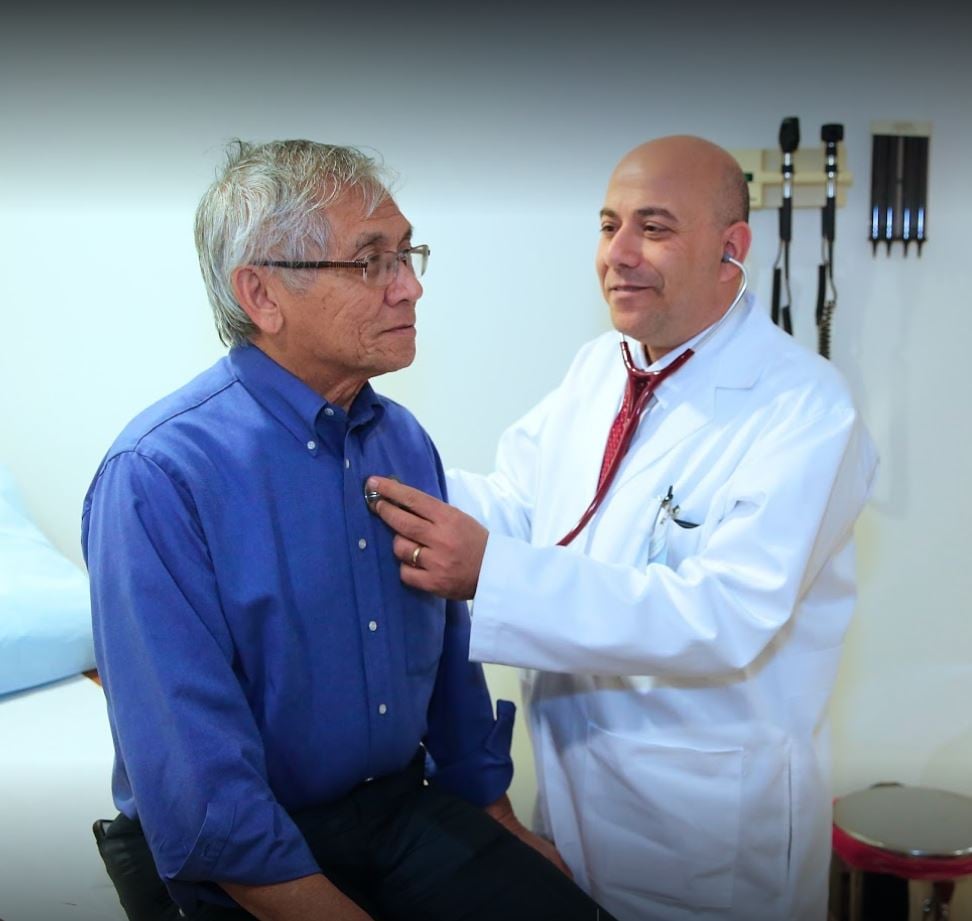
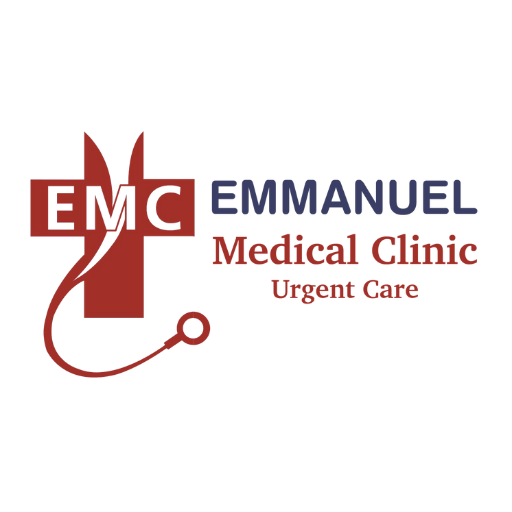
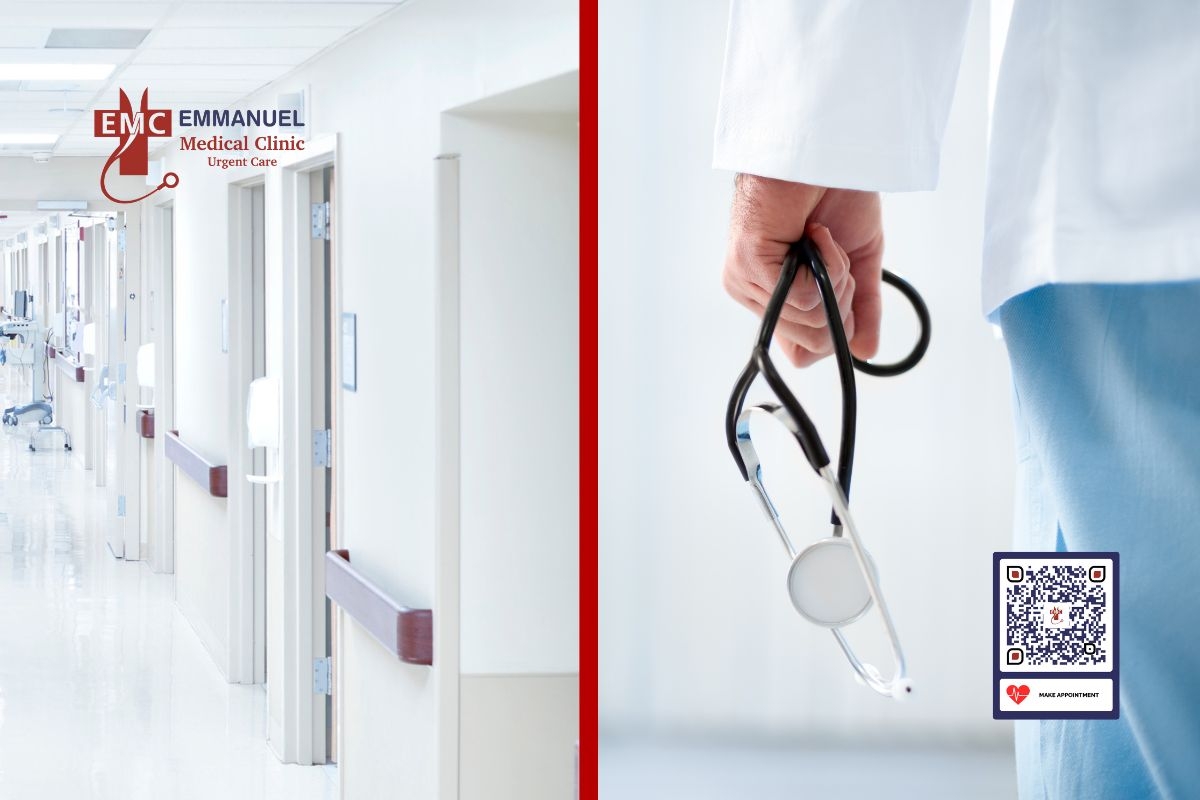
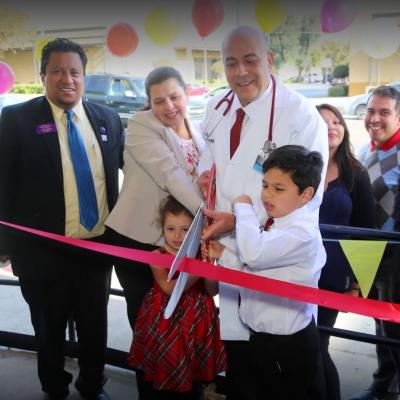

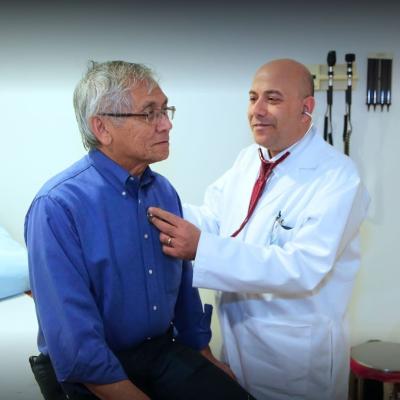


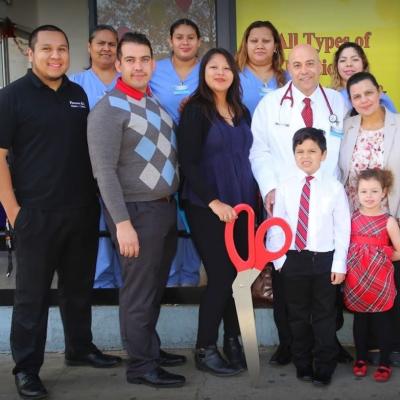


 And then Add to Home Screen.
And then Add to Home Screen.